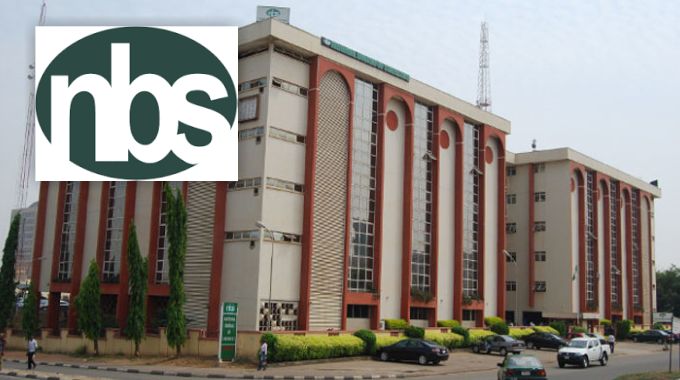In the second quarter of 2024, Nigeria’s capital importation reached a significant $2.60 billion, marking a striking 152.81 percent increase from the $1.03 billion recorded in the same period in 2023. This impressive growth highlights the country’s potential to attract foreign investment despite ongoing economic challenges. However, it is important to note that this figure represents a decline of 22.85 percent from the previous quarter’s $3.38 billion. This variance underscores a volatile investor sentiment influenced by both global economic uncertainties and domestic hurdles, suggesting a complex investment climate that may fluctuate unpredictably.
The detailed capital importation report from the National Bureau of Statistics reveals that portfolio investments were the standout contributor, accounting for $1.40 billion, or approximately 53.93 percent, of the total inflows. These investments typically reflect the interests of foreign investors who seek to capitalize quickly on Nigeria’s financial market through equities and bonds. In contrast, other investments, which encompass loans and trade credits, contributed significantly as well, totaling $1.17 billion and making up 44.92 percent of the inflows. Notably, Foreign Direct Investment (FDI) lagged considerably behind, totaling just $29.83 million or a mere 1.15 percent of total capital importation. This disparity raises concerns about Nigeria’s ability to attract sustainable, long-term investments that are crucial for economic growth and employment creation.
Analyzing the sector-wise distribution of capital importation, the banking industry emerged as the largest beneficiary, attracting $1.12 billion, which represents 43.15 percent of the total inflows during the quarter. This trend accentuates the banking sector’s pivotal role as an intermediary for foreign investments, facilitating access to Nigeria’s financial markets. Closely following, the production and manufacturing sector received $624.71 million, constituting 23.99 percent of the total inflows. This influx reflects a positive development for Nigeria’s industrial landscape and hints at a gradual recovery in manufacturing capabilities. The trading sector also fared well, attracting $569.22 million or 21.86 percent of the total, showcasing the resilience and potential for trade activities within the country’s economy.
Geographical analysis further illustrates the concentrated nature of capital importation in Nigeria, with Lagos State retaining its status as the primary investment hub, drawing $1.37 billion, which represents 52.52 percent of total inflows. The city’s robust infrastructure and vibrant business environment continue to make it an attractive destination for foreign investors. Abuja, the Federal Capital Territory, followed closely with $1.24 billion or 47.48 percent of total investment. In stark contrast, less developed areas such as Ekiti State recorded negligible inflows, highlighting significant disparities in investment attraction across different states.
The report also sheds light on the sources of Nigeria’s capital inflows, with the United Kingdom emerging as the largest contributor, accounting for $1.12 billion, or 43.01 percent, of the total capital importation. The Netherlands and South Africa followed as the second and third largest contributors, with $577.82 million and $255.98 million, respectively. This points towards a diverse international interest in Nigeria, although the notable dependency on these regions indicates potential vulnerabilities in the diversification of foreign investment sources.
Among financial institutions, Citibank Nigeria Limited led the charge in capital importation, receiving $818.46 million, which equates to 31.43 percent of total inflows. Standard Chartered Bank Nigeria Limited and Rand Merchant Bank Plc followed, with $654.79 million (25.14 percent) and $488.59 million (18.76 percent) respectively. The dominance of these banks in facilitating foreign capital inflows emphasizes their vital role in the financial ecosystem of Nigeria. Collectively, these insights present a complex picture of Nigeria’s current investment climate, illustrating significant growth in capital importation year-on-year while also highlighting areas for improvement, particularly in attracting long-term investments that can help drive economic development sustainably.


